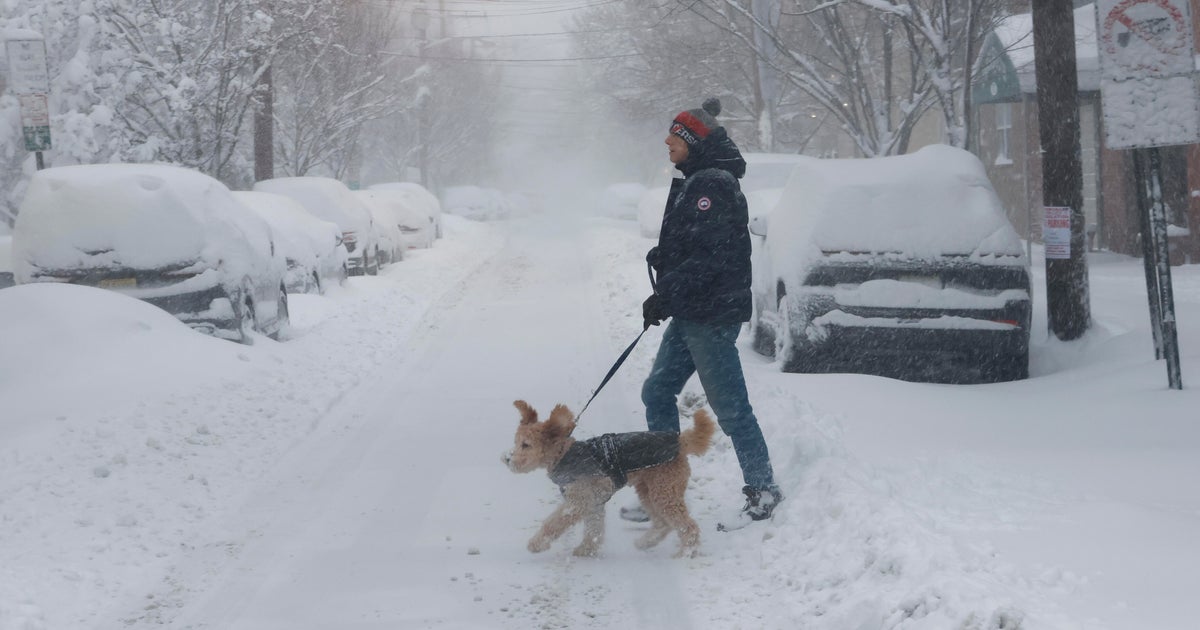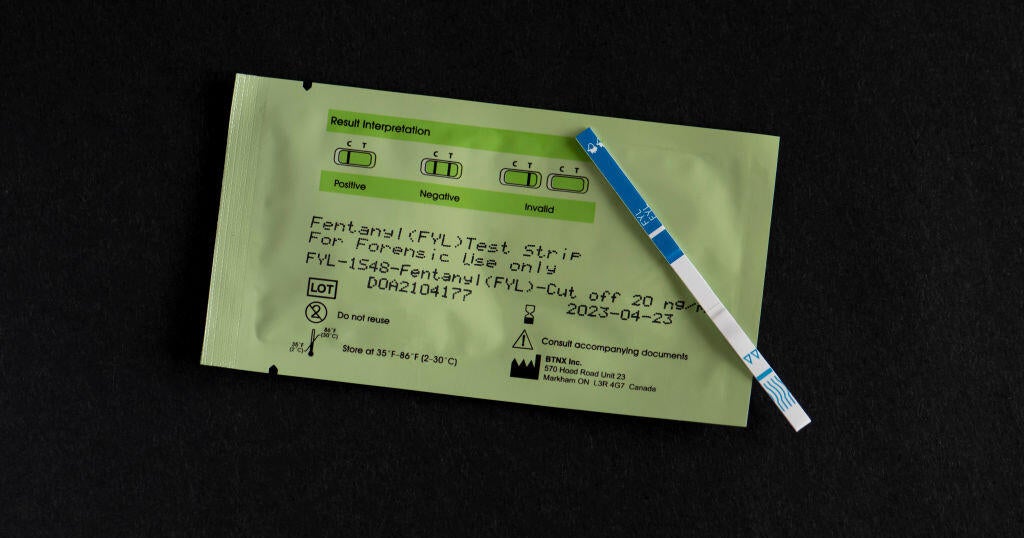Painkiller prescriptions for pets may be contributing to opioid epidemic, study warns
Americans may be taking painkillers prescribed for Fido and Fluffy. That's according to new research that warns the rise in prescription opioids for pets could be playing a role in America's drug epidemic.
The first-of-its-kind study, published in JAMA Network Open, finds that the increase in opioid prescriptions for people over the past decade parallels a rise in similar prescriptions for pets, and that some of those pet meds may be getting into the wrong hands.
Researchers analyzed information on all opioid pills and patches dispensed or prescribed for dogs, cats, and other small animals at the University of Pennsylvania's School of Veterinary Medicine (Penn Vet) from January 2007 through December 2017.
During that time, while the number of visits rose by only 13 percent annually, the number of opioid prescriptions rose by 41 percent.
"As we are seeing the opioid epidemic press on, we are identifying other avenues of possible human consumption and misuse," said study senior author Jeanmarie Perrone, MD, a professor of emergency medicine and the director of medical toxicology at Penn Medicine. "Even where the increase in prescribed veterinary opioids is well intended by the veterinarian, it can mean an increased chance of leftover pills being misused later by household members, sold or diverted, or endangering young children through unintentional exposure."
For humans, the current opioids crisis in the United States has had devastating consequences. The misuse of prescription and illicit opioids resulted in almost 400,000 drug overdose deaths from 1999 to 2017, according to the Centers for Disease Control and Prevention. The number of overdose deaths involving opioids was 6 times higher in 2017 than in 1999.
Perrone notes that currently there's no data on how many people may be misusing opioids prescribed for pets, but she believes there is reason for concern.
"It may be a very small number but we are definitely worried about leftover pills leading to misuse by teenagers or unintentional exposures to toddlers," she told CBS News. "We know leftover opioids have been a big driver of the opioid crisis, wherever they are being leftover from."
And the researchers warn that since opioid prescribing in veterinary medicine is not nearly as heavily regulated as medical prescriptions for humans, it's possible that misused veterinary prescriptions could contribute to the ongoing opioid epidemic.
In fact, anecdotes about veterinarian-prescribed opioids being used by people have already spurred some states to take action. Maine and Colorado, for example, now require background checks on pet owners' opioid prescription histories before a veterinarian can write an opioid prescription for an animal. Alaska, Connecticut, and Virginia limit the number of opioids any one veterinarian can prescribe to a single patient. And 20 states now require veterinarians to report their opioid prescriptions to a central database, just as doctors for people do.
Perrone says efforts need to be made to cut back on opioid prescriptions for pets, similar to measures currently being implemented for people.
At Penn Vet, such measures include encouraging veterinarians to use local anesthetics instead of opioids for post-operative pain, using pain scores to guide the use of opioids, and closer monitoring of animals that require long-term opioid use, such as dogs that take hydrocodone for chronic coughing.
Pet owners are also instructed on how to safely dispose of leftover pills that are no longer needed.
"This is one more opportunity to address safe storage, judicious prescribing and opioid alternatives in a different population," Perrone said.




